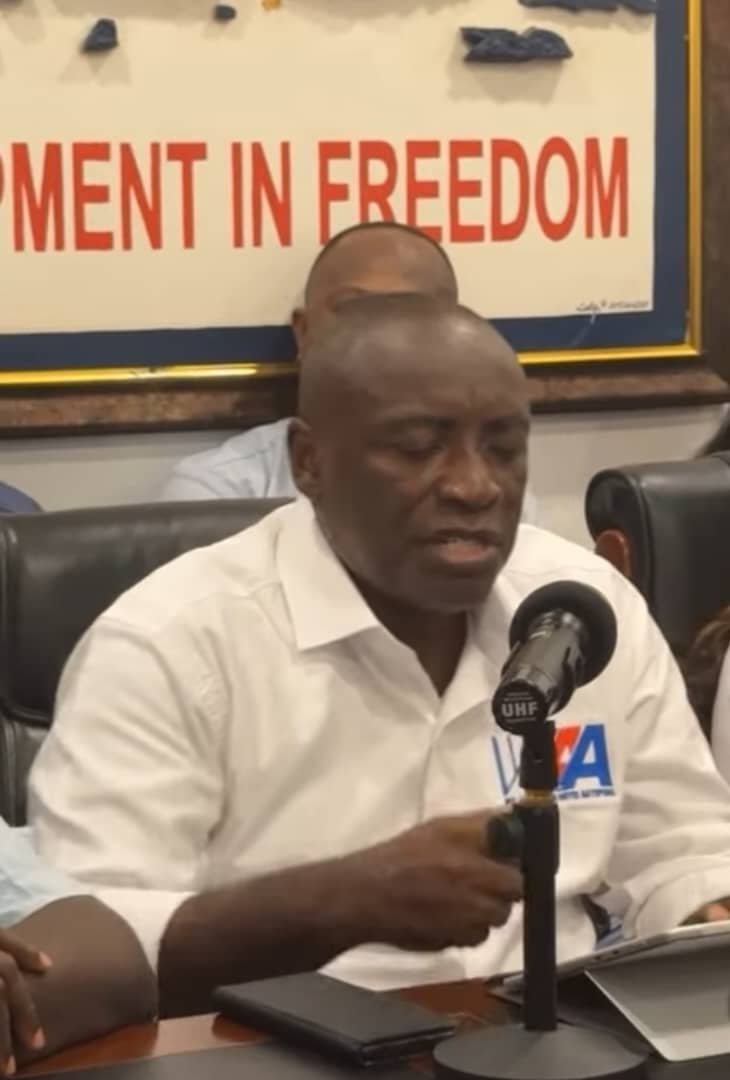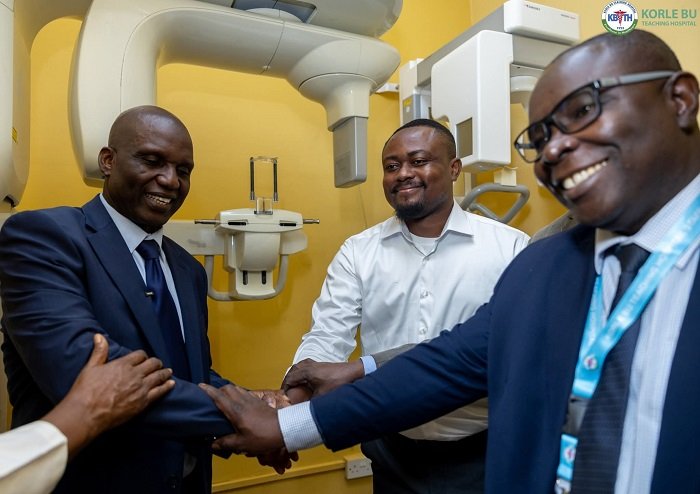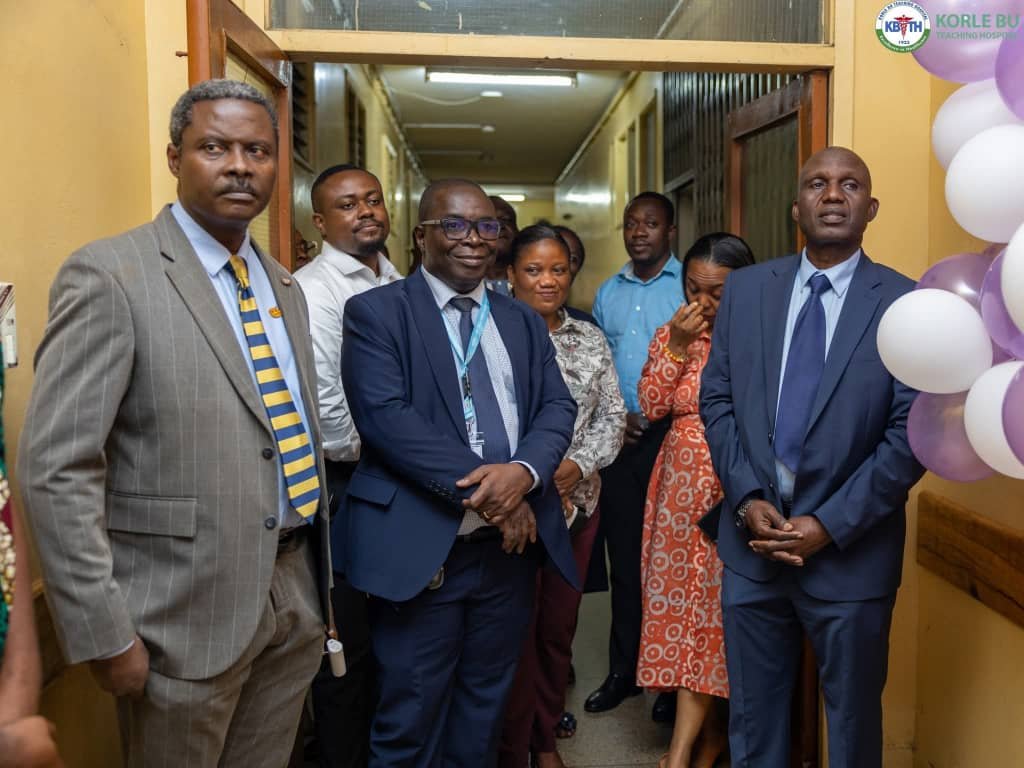News
Election 2024: ‘Men of God under siege as prophecies go wrong’

Periodic elections have always come along with spiritual twists and the lead up to this year’s presidential and parliamentary election in Ghana was no exception.
Prior to the polls on December 7, 2024, several men of God gave prophecies which either proposed a win or loss for either of the two leading contenders in this year’s race – Dr Mahamudu Bawumia of the New Patriotic Party (NPP) and John Dramani Mahama of the National Democratic Congress (NDC).
However, following outcome of the election which gave an emphatic win for Mr Mahama who polled 6,328,397 representing 56.55 per cent of the total votes cast, many Ghanaians have raised eyebrows over the genuineness of these ‘Men of God’.
Notable among those that prophesied a one-touch victory for Vice President and flagbearer of the ruling New Patriotic Party (NPP), Dr Bawumia, were founder and leader of the Power Chapel Worldwide, Dr Victor Kusi Boateng.
As far back in July 2024, during a church service, Dr Boateng predicted that Dr. Bawumia would be declared the winner on December 9, after the polls.
Others were Apostle Agyenim Boateng of the Peniel Outreach Ministries International, Prophet Azuka who dared doubters of Dr Bawumia’s win to burn his church to the ground should he lose and Prophet Kusi Appiah (Warrior prophet) of the Charismatic Temple International Ministry (CTIM) who went further to describe an attire Dr Bawumia and his running mate, Dr Matthew Opoku Prempeh, would wear for their inauguration on January 7, 2025.
On the other hand, Prophet Bernard Elbernard Nelson-Eshun, Head pastor of the Springs of Life Chapel International, Prophet Nigel Gaisie of the Prophetic Hill Chapel, Rev. Isaac Owusu Bempah, founder and leader of Glorious Word Power Ministry International and Prophet Emmanuel Badu Kobi, Glorious Wave Church International, prophesied a landslide win for John Dramani Mahama.
With an overwhelming win for the opposition NDC and John Dramani Mahama as president-elect at the end of polls as declared by the Chairperson of the Electoral Commission (EC), Mrs Jean Mensah, some pastors who predicted a loss for Mr Mahama have spoken.
Rev. Kusi Boateng, delivering a sermon last Sunday, December during church service insisted he saw and prophesied right.
“I saw right, I heard right but the opposite has happened and there is nothing I can do. I will not blame God and this will not stop me from prophesying because God never gets it wrong. If there is any mistake, I made the mistake,” he said.
For Evangelist Patricia Asiedua, popularly known as Nana Agradaa who is General Overseer of the Heaven Way Chapel who swore a win for Dr Bawumia, claiming to return to fetishism if Mr Mahama wins, reacting to the turn of events said, Dr Bawumia’s loss was as a result of disobedience.
“I saw clearly that NPP has won the elections and I was instructed to openly declare it but there was a direction that from the time of the prophecy till the election results are declared, Dr Bawumia should always wear white and change the slogan from “It is possible” to “It is possible to win” among other spiritual instructions to be performed to support fulfillment.
However, these instructions to the party were not obeyed leading to their loss,” she said in a media interview amidst wild jubilation with her church members last Sunday following Mr Mahama’s win of the 2024 elections.
The question remains though that are electoral prophecies really from God or they are borne out of one’s love and affinity to parties involved?
By Abigail Annoh
News
Kwabena Agyepong files nomination ahead of primaries

Kwabena Agyepong has officially filed his nomination to contest for the leadership of the New Patriotic Party (NPP), becoming the first candidate to do so ahead of the party’s upcoming primaries.
Following the successful filling, Mr. Agyepong told party supporters that his vision was to build a Ghana that is “economically robust, fiscally responsible, socially cohesive, and fully accountable to its people.”
He said the country faces urgent challenges, including high unemployment, illegal mining, poor sanitation, chaotic city planning, and court congestion due to land disputes.
He warned about growing political polarization and the demoralization of young Ghanaians.
Mr. Agyepong stressed the need to restore the party and national values of service, sacrifice, and selflessness.
He called for leaders who can take tough decisions and provide real solutions for the nation.
The NPP leadership race will determine the party’s flagbearer for the next general elections, with Ing. Kwabena Agyepong’s nomination marking the official start of the contest.
By: Jacob Aggrey
News
Korle Bu Dental Dep’t Gets New Digital X-Ray Machine

The Chief Executive Officer of the Hospital, Dr. Yakubu Seidu Adam, has commissioned newly installed digital X-ray machines at the Radiology Department to further enhance diagnostic services and improve patient care.
At the brief ceremony, Dr. Adam underscored the significance of the new machines in meeting the growing demand for advanced diagnostic services. He described the commissioning as a major milestone in the hospital’s modernisation agenda, aimed at boosting efficiency in patient management.
Dr. Matthew Boamah, Head of the Dental Unit, and Dr. Hafisatu Gbadamosi, Head of the Radiology Department, expressed their appreciation to hospital management and partners, Rontgen Imaging, for making the project possible. They assured that the machines will be utilised to their fullest potential for the benefit of patients.
The new equipment will significantly improve the quality and speed of imaging, especially for dental and maxillofacial cases, while minimising patient exposure to radiation. In addition, it will support teaching, research, and specialised care, further strengthening Korle Bu’s position as a leading referral centre in Ghana and the sub-region.
This commissioning forms part of the hospital’s broader commitment to upgrading its infrastructure and delivering world-class healthcare to its patients and clients.














